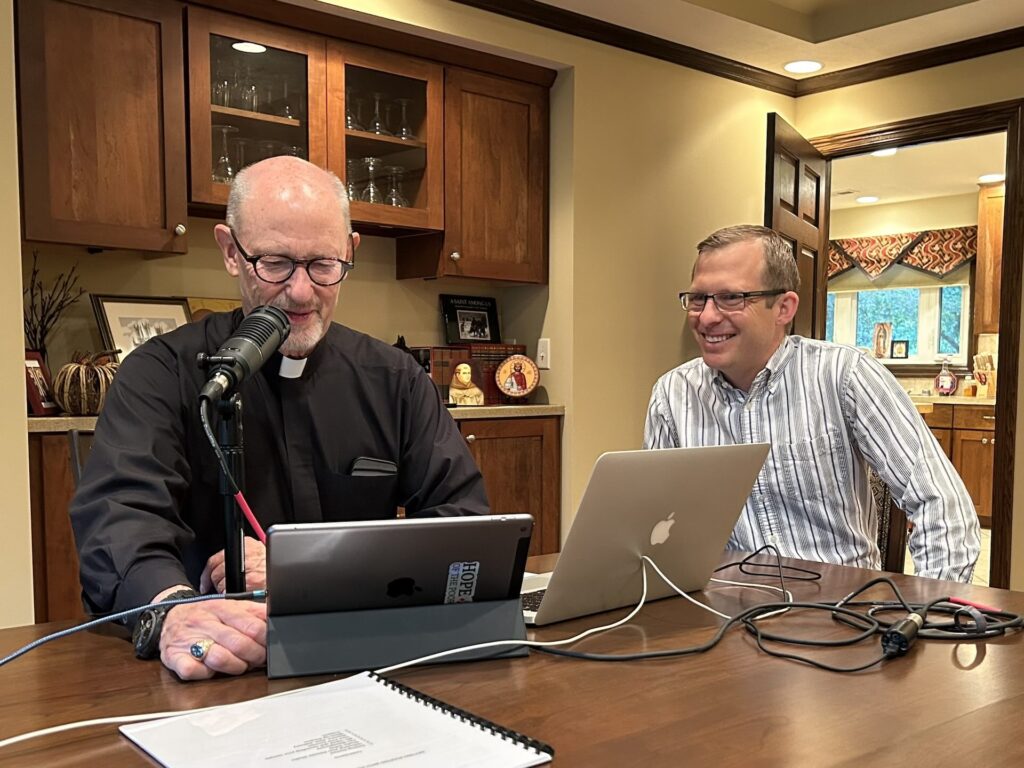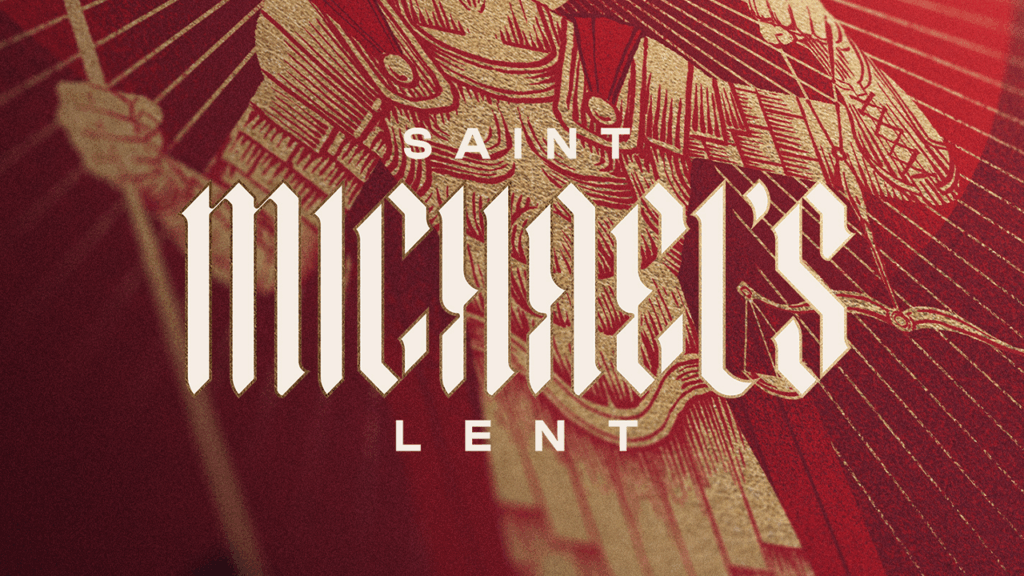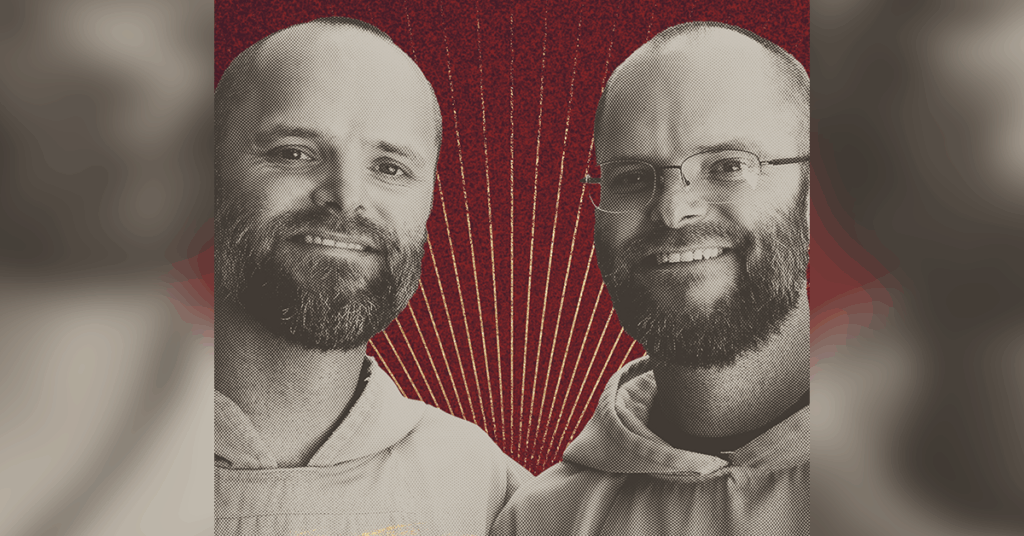The monks created little oases of culture during the dark ages, becoming centers of renewal.
They built up an entire way of life centered around faith, during prayer and work together.
Because of this, Rod Dreher has referred to the Benedict Option as a way of gaining inspiration from the monks in our own efforts to rebuild culture in these new dark ages.
Just as beer was part of the first renewal of the monks— promoting nutrition and hospitality— so, if rightly ordered, it can be part of our efforts to engage others.
For this reason, it is possible to speak of the Beer Option as an extension of the Benedict Option in using beer for evangelization.
There is a long history of churches using beer to celebrate as a community.
In the Middle Ages, the parish ale was akin to our modern church festivals, and even the wedding party was called a bride’s ales (the source of the word bridal).
Churches still use beer to celebrate, not only for festivals but also for events like Oktoberfest, and some also use it to draw people into evangelization.
An Example would be Theology on Tap, an event that creates an environment for people to listen to theological topics and enjoy good Christian fellowship.
These events provide great opportunities to reach out to friends who are more willing to come to a bar than to a church.
We can also use beer to engage people more personally.
For instance, some men have spoken of having a beer “ministry” in being able to speak of faith more easily over a beer than at any other time.
Beer serves as a conversation starter and makes people more open to engaging in talking about life.
This has always been seen as one of the greatest benefits of alcohol— that in moderation, it creates greater cheer, conviviality, and openness to conversation.
Gathering with other men for beer gives us the opportunity for witness, support, and to grow together as men.
Ultimately, it’s worth talking about beer because it can lead us into an experience of culture and an opportunity for evangelization.
Beer is not something of that much importance in itself, but it does provide an opening into a greater experience of history and culture when we look at its biblical roots, place in the Christian tradition, and the creative ways it can help create community today.
If you enjoyed these short reflections, you may likely also enjoy the book, The Beer Option by Dr. Jared Staudt, which gives an even deeper look into all of the above topics.
As this short series comes to an end, don’t allow yourself to simply read these words and forget what you learned.
Allow yourself to be transformed by these readings and to go forth appreciating, respecting, and enjoying alcohol in a new way.
Most importantly, allow these reflections to aid you in living the Christian life, especially through generous acts of hospitality.
Cheers.




